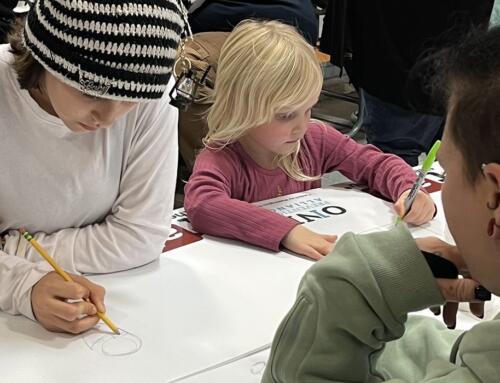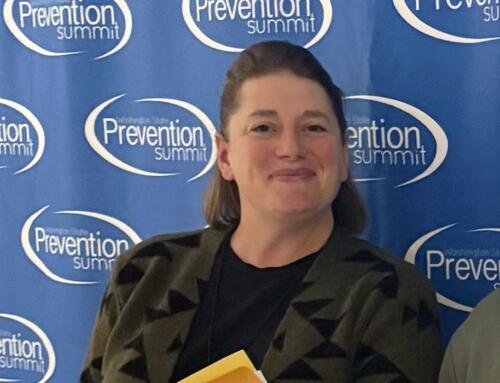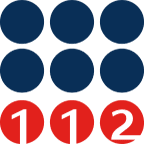It’s an exciting time in Washington for STEM educators and learners! The ESD 112 has long been hard at work developing programs to support children in our school districts, from our youngest learners to high school graduates, to provide them with substantial opportunities to learn about and get involved in Science, Technology, Engineering and Math subject areas.
This fall, we’re featuring a relaunch of Washington State LASER (Leadership and Assistance for Science Education Reform) to highlight the many new resources and tools available to teachers of all subjects who are interested in incorporating STEM concepts in their classrooms. Our goal is to bring teachers, curriculum directors, school principals, superintendents and community-based organizations together to work toward creating coherent approaches to science/STEM and Career-Connected Learning in their schools. We want to make it easier for school districts to know what resources are available to them and understand how to make STEM programs a natural part of their overall strategic visions.
Interest in expanding access to STEM education and student resources is growing in Washington, and we’re excited to be able to offer some new tools for STEM educators in our region starting this fall. STEM Storylines, based on Next Generation Science Standards, are a way for teachers to provide students with authentic and relevant learning experiences that guide their understanding of applications for STEM work in the real world. Four new STEM Storylines workshops are available to first-, second- and fourth-grade teachers in the ESD 112 region this October and November:
- 4th Grade Waves and Energy Workshop (Sustainable Technologies)
- 4th Grade Environments Workshop (Save the Pika!)
- 1st Grade “Inspired by Nature” Storyline
- 2nd Grade “Where did the Beach Go?” Storyline
Also new this fall is a computer science professional learning community (PLC) opportunity, which will be open for elementary school teachers interested in integrating computer science and computational thinking concepts into their current teaching practices. As part of our commitment to providing equitable access to computer science and computational thinking concepts for all students, participants in this year’s computer science PLC will become leaders who can help promote access to these subjects in their schools. For more information on the computer science professional leadership cohort, please reach out to Katherine Livick.
Want to up your STEM teaching game this year? A full list of STEM activities, events and trainings can be found here.




 ESD 112 equalizes educational opportunities for learning communities through innovative partnerships, responsive leadership, and exceptional programs.
ESD 112 equalizes educational opportunities for learning communities through innovative partnerships, responsive leadership, and exceptional programs.